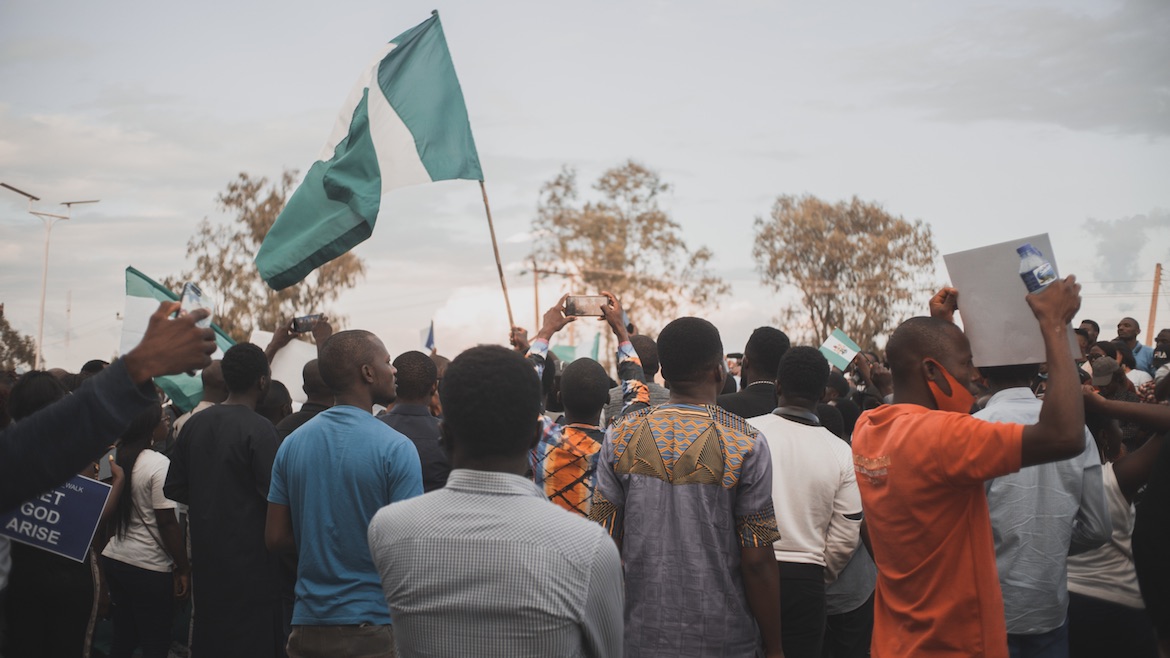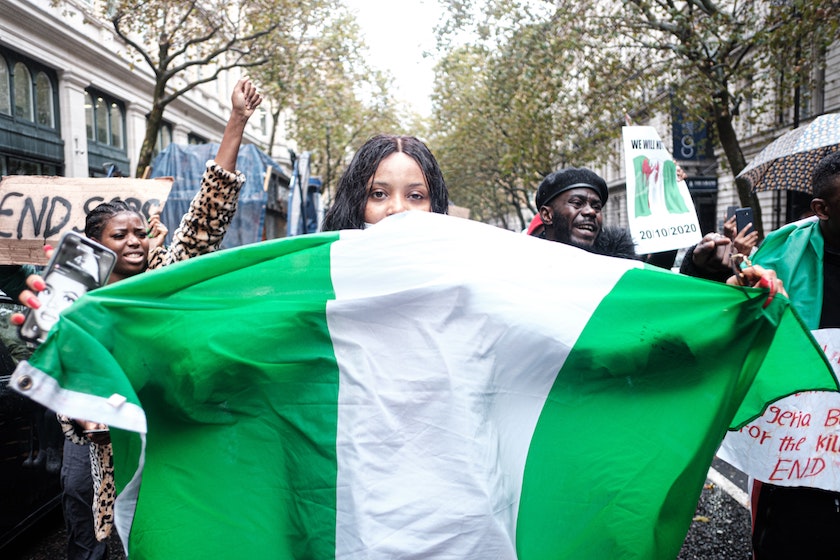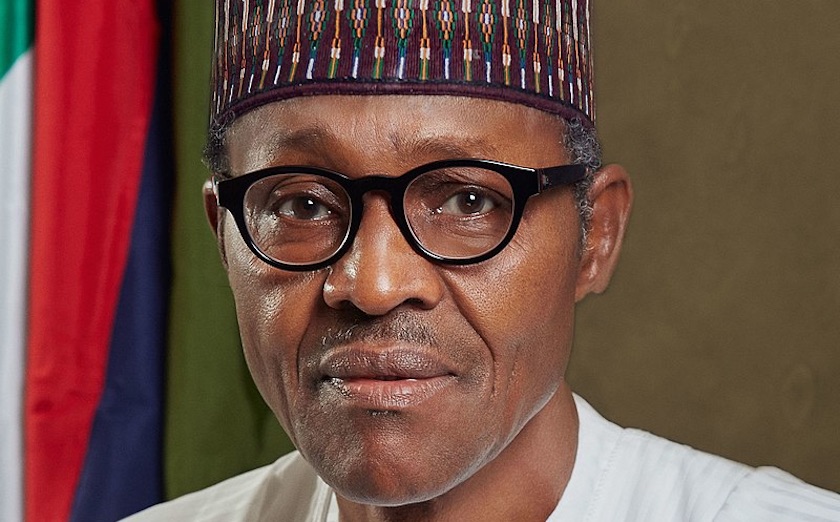Nigeria election: “Some violence and loads of accusations of manipulation” expected
On 25 February, the most populated country of Africa elects its new president. A Christian university lecturer in northen Nigeria analyses the socio-political scenario.
23 FEBRUARY 2023 · 13:06 CET

If there is one electoral event that manages to focus the attention of the international community on African politics, it is the presidential elections in Nigeria.
The most populous country on the continent (220 million people), and the largest growing economy, with abundant oil reserves, is holding elections on 25 February to choose the next president until 2027.
The second part of this analysis article has now been published here.
Voting in recent years has already posed a special complexity, both with the second victory of the hitherto president Muhammadu Buhari in 2019, and with the defeat in 2015 of the People’s Democratic Party (PDP), which led to hundreds of death and meant that for the first time the opposition accessed government. The 2011 elections had also ended with some 800 people killed in clashes between supporters of different candidates.
The current polls do not lower the tension. In fact, in recent weeks, the ruling All Progressives Congress (APC) has denounced an alleged meeting between the PDP candidate, Atiku Abubakar, and the military to organise a possible coup d'état. “The Nigerian Armed Forces will never be part of any disloyal plot to truncate our hard-won democracy”, responded the Nigerian Defence spokesman Brigadier General Tukur Gusau in response to the allegations.
“What can we expect from this election? I suspect that there will be some violence. This does not mean that this is sponsored or even supported by the candidates; often supporters take things into their own hands and try to either punish those whom they view as responsible for their candidate losing or intimidate people into changing results”, says an American who has worked at two public universities in Nigeria since 1988 and is now a professor in a northern Nigerian university. Speaking to Spanish news website Protestante Digital, he remarks that “a lot of accusations of manipulation on all sides” are also to be expected.

Nigeria has experienced violence in previous elections / Photo: Ehimetalor Akhere Unuabona, Unsplash. Muslims as main favourites
President Muhammadu Buhari snatched the presidency from the Catholic Goodluck Jonathan in 2015. the professor recalls that Jonathan “saw that the votes were against him and so, instead of encouraging more confusion and violence, it was better to concede the election for the sake of the country”.
Now the candidate of both major parties’ candidates are Muslim. Former Lagos governor from 1999 to 2007, Bola Tinubu, heads the APC ticket, while former Nigerian vice-president from 1999 to 2007, Atiku Abubakar, heads the PDP ticket.
“I personally do not see a lot of party loyalty in Nigeria. From my perspective, there is very little party philosophy so politicians jump from one party to the next quite frequently. They do so, not based upon the beliefs and philosophy of the party, but for some perceived advantage from being part of that particular party”, adds the professor.
Do Nigerians usually vote the party in office out? “I do think that it is a reality that if the vote is free and fair, it is likely that the people will vote against the ruling party because they have not been happy with the performance of the present government”.
However, Buhari won a second term. What is also unlikely to be lowered is the average age of the next president, given that both are septuagenarians.
The ethnic component, the professor recalls, is also key to understanding the electoral complexity in Africa’s most populous country. “From my perspective, Nigerians are extremely loyal to people of their own ethnic group and to a lesser degree, people of their own religion, but are much less loyal to political parties”.
The only option to see a Christian president in the Aso Rock Villa (the official residence of the Nigerian President) is the candidacy of Peter Obi of the Labour Party, former governor of Anambra between 2007 and 2014. His party has only two deputies and one senator in the main state houses, although this is not something that will influence the presidential vote.
So what do Christians vote for in Nigeria?
The voting intention of the Christian population in Nigeria (close to or just over half of the total population) is as difficlt to measure as it it can be in cases such as that of evangelicals in Brazil. In fact, for many, the faith of the candidate is not even a determinant of their vote. For example, the professor in the north of Nigeria points out, “Buhari won the election eight years ago with large support from Christians and people in the South because they remember with a certain amount of fond admiration how he was strict and fair when he was a military head of state”.
“At the time of the election, the country had been experiencing the Boko Haram war for at least five years at that time and there were other hotspots of violence around the country. The people were tired of violence and they thought that this former military man would be the best person to solve this problem. Unfortunately, in the eyes of most of the people I talk with, who are obviously Christians, they have been greatly disappointed. Boko Haram itself has largely been destroyed but its twin brother, ISWAP, is continuing in about the same way as Boko Haram. There is still intimidation, robbery, kidnapping in northeastern Nigeria and few people will go there if they have a choice”, he stresses.

Nigeria’s President Muhammadu Buhari. / Photo: Bayo Omoboriowo, Wikimedia Commons. In this sense, this academic from the northen Nigerian university, who answers Protestante Digital’s questions from a strictly personal point of view, considers that there has been a better management of indigenous pluralism under Christian presidents such as Olusegun Obasanjo or Goodluck Jonathan. “I think that both did a reasonably good job at being fair and just and making sure that all the voices were at the table. I am not sure that Buhari has been that successful. I do not know the man personally but I think the general feeling among Christians is that Buhari himself is a rather simple person and is not corrupt and not an extreme Muslim. However, he is quite old and a weak leader and so many people have acquired places in his administration who are corrupt and who are pushing an Islamic agenda”, he says. “There seems to me to be undisputed evidence from his appointments and other key presidential decisions that his administration has very much of a northern, Hausa-Fulani agenda”, he adds.
According to this source no the ground, “there are many Christians and a significant number of Muslims who believe the presidential candidate Peter Obi is Nigeria’s solution. There is a general sense that he is fairer than the other two major candidates. The APC candidate, Tinebu, broke with tradition in selecting a northern Muslim rather than a Christian so that there is a Muslim-Muslim ticket. That has angered the majority of the Christian population and that, among other things, has opened up the door for Obi, this third party candidate. If the election is free and fair and transparent, I think that there is a good chance that Obi will win”.
Christian leaders ask for transparent election and peacekeeping efforts
The Christian Association of Nigeria (CAN), which is mainly Catholic but also represents a large part of the diversity of Christian families in the country, has been neutral in the run-up to the vote and has demanded that the Independent National Electoral Commission not allow even the slightest margin of error. “The commission has no excuse for failure. Four years is long enough for it to have perfected the process and eliminated the flaws that were present in previous elections”, they said.
In a statement entitled CAN sues for peaceful election 2023, the Catholic Archbishop and president of the association, Daniel Okoh, has joined “the call on citizens to resist any attempt to cause disharmony and disaffection ahead of the upcoming general elections”.
“We must see the elections as a time of peaceful transition of leadership and not war. Consequently, there’s a need for all and sundry to put away religious and ethnic bigotry and allow the will of God to prevail”, the chair of the CAN added.
The second part of this analysis article will be published on 24 February.
Published in: Evangelical Focus - world - Nigeria election: “Some violence and loads of accusations of manipulation” expected
More News
Most read
Since you are here…
Evangelical Focus is a news and opinion platform that brings together Christians from across Europe and other parts of the world. We need the support of our readers to make this media project sustainable in the long term. You can support our work! Read about Evangelical Focus’s sustainability here.
Would you like to support the work of Evangelical Focus?
Use one of these methods. You can also transfer your donation to “Areópago Protestante / Evangelical Focus” IBAN: ES8521000853530200278394 (Swift / BIC: CAIXESBBXXX). Subject: “Donation Evangelical Focus”
